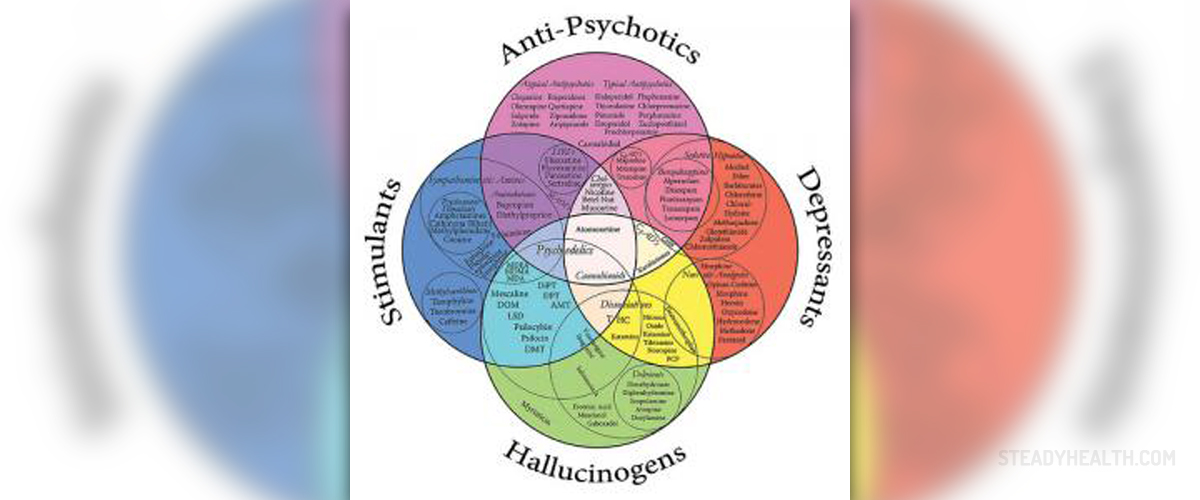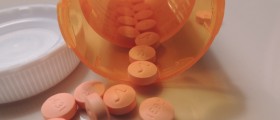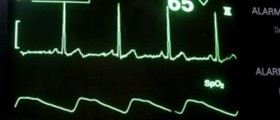
"Psychoactive drugs" are all substances that impact brain functioning — slowing it down, speeding it up, and altering the way in which we feel, act, and perceive the environment around us. Though many psychoactive medications are prescribed for genuine medical purposes, as in benzodiazepine use to manage anxiety disorders for instance, their recreational use is also popular. People take psychoactive substances to experience anything from euphoria and increased energy to a calmer mental state.
Unfortunately, these psychoactive drugs very often have a high addictive potential — and once someone starts experimenting with drugs, they can easily end up with a full-blown addiction that hijacks their brain and effectively forces them to seek more and more, as the drugs become the most important thing in their lives.
Psychoactive drugs can be:
- Depressants. These slow down the central nervous system, having an impact on both mental and physical activity. Examples of depressants include alcohol, opioids (including prescription drugs such as morphine and street drugs like heroin), and tranquilizers.
- Stimulants. These speed up central nervous system functioning, initially causing people to feel more alert. Examples of stimulant drugs include caffeine, nicotine, amphetamines, and cocaine.
- Hallucinogens. These alter users' perception of the world around them, potentially causing them to see, smell, feel, and hear things that are not there. A drug can induce hallucinations and act as a stimulant at the same time. Examples of hallucinogens include LSD and MDMA (ecstacy).
Prescription psychoactive drugs
Psychoactive drugs that do indeed have the potential to lead to an addiction — more often medically referred to as "habit-forming medications" — are often prescribed for medical reasons.
Examples would include sedatives for mental health reasons, opioid painkillers to manage severe chronic pain or post-operative pain, and methadone to manage addiction.
Doctors have to be careful when prescribing medications that can be addictive. They need to consider whether the anticipated benefit of a medication outweighs the risks of addiction, and whether there may be less addictive alternatives. This is especially true for patients who have already struggled with addiction before. When doctors do prescribe potentially addictive medications, it is important that they prescribe the lowest effective dose of the drug for the shortest amount of time possible.
Patients, meanwhile, can ask about alternatives before they begin taking medications that have an addictive potential — and they should always take these medications exactly as prescribed to minimize the risk of, for example, a serious addiction to opioid painkillers. If they have a personal history of addiction, patients should inform their prescribing doctors about this in advance.
Recreational drugs: Know the dangers
Few people begin experimenting with psychoactive drugs with the idea that they will become severely addicted in mind, but addiction creeps up on you. Any time you use a highly-addictive psychoactive substance, whether it's nicotine, caffeine, alcohol, heroin, or cocaine, the danger that you'll go from experimentation to substance abuse and addiction is serious.
Many psychoactive recreational drugs can also do serious long-term health damage and even have fatal consequences.
Alcohol, cannabis, opiate medications and many other drugs belong to the group of central nervous system depressants. In small doses, these psychoactive drugs work by slowing down the brain and provoking relaxation. They can also negatively affect your coordination and concentration. Large doses of depressants may be responsible for unwanted effects to your health, and may cause vomiting, unconsciousness or even have lethal consequences.
Stimulant psychoactive drugs speed up your brain, causing you to feel energetic and charged. Caffeine, nicotine and ephedrine are known as mild stimulants, while ecstasy and cocaine are much stronger and more dangerous for your health. In some cases, these stimulant drugs can provoke over-stimulation of your brain and cause headaches, seizures, anxiety or panic attacks. Paranoid ideas and aggression are also frequent in people abusing certain stimulants of the central nervous system, potentially causing addicts to become a danger to themselves and others.
There are so many hallucinogens that you wouldn’t know where to start, but some more well-known hallucinogen drugs are LSD and ketamine, as well as potentially marijuana. The effects of these hallucinogenic drugs are hard to estimate, but people abusing them can experience anything from headaches, anxiety, panic attacks, and paranoia to euphoria. Hallucinogens can seriously damage your health, because they might lead to cardiac distress, renal failure, or be fatal.

















Your thoughts on this
Loading...